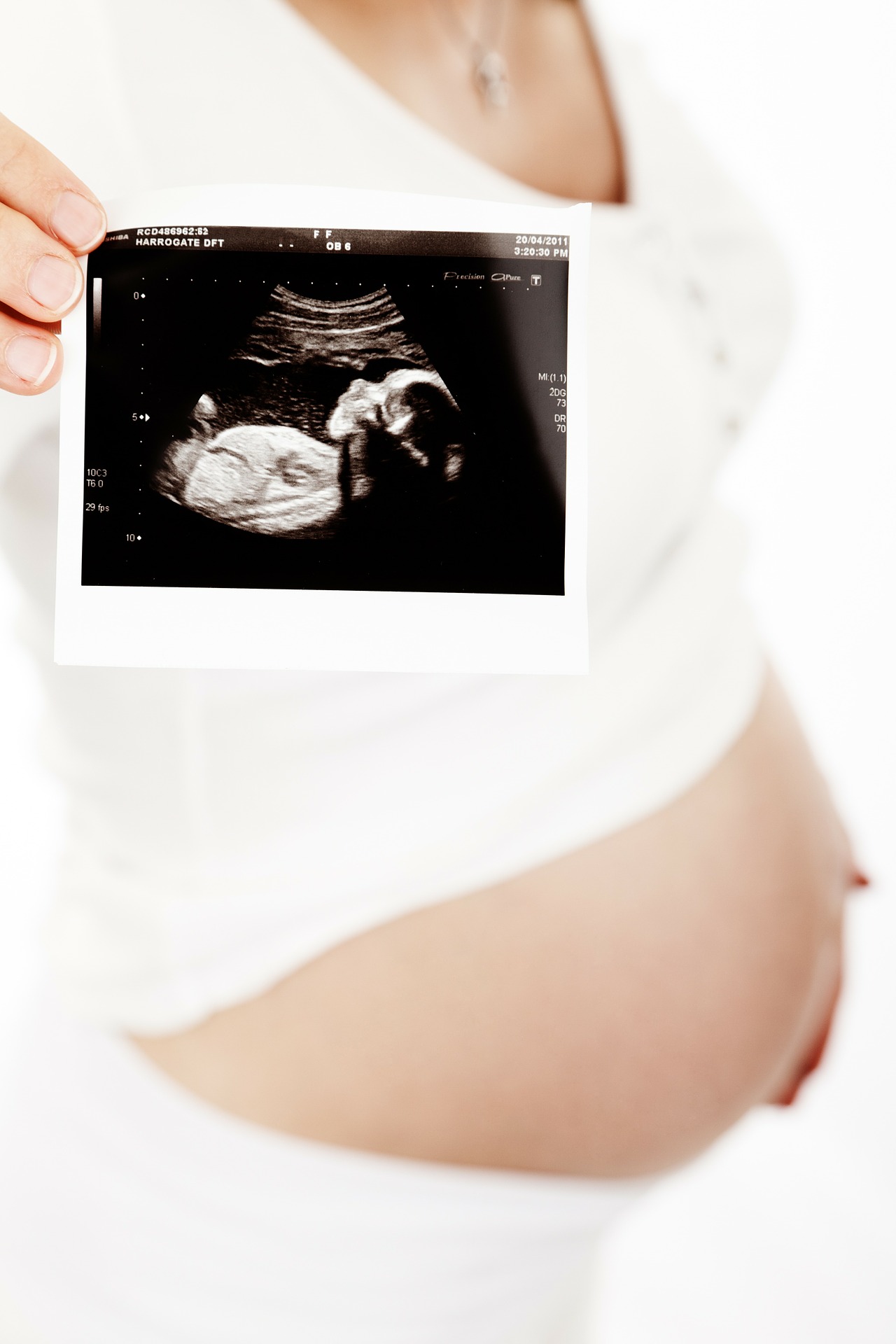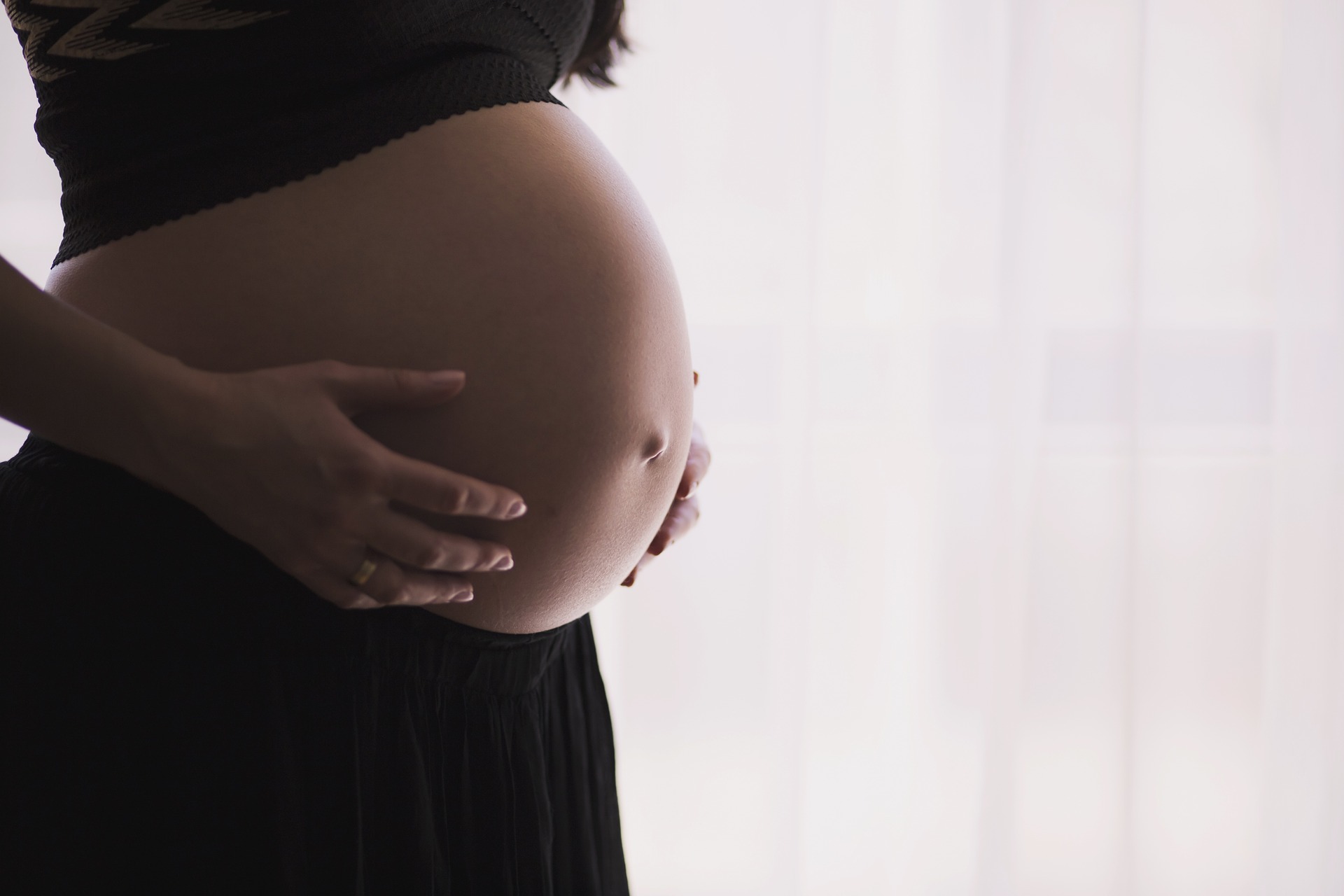Pregnancy at Advanced Maternal Age
/While women’s chances of conceiving are higher during their 20s, many are still choosing to delay
childbirth until their late 30s or early 40s. It is still possible to conceive and have a healthy baby at this
age, but take note that pregnancy at 35 years and older (referred to as advanced maternal age) comes
with some risks and challenges.
If you’re approaching 35 and thinking of having a baby, it is good to know that this age is the starting
point for advanced maternal age. Potential risks are likely to increase until you’re 40 years and older,
with lower chances of conceiving. But then again, your health is also a deciding factor, so it is best to talk
to your doctor about it and know the challenges associated with advanced maternal age.
The odds of getting pregnant
Your chances of getting pregnant can start declining as you approach your mid-30s, mainly because egg
quantity and quality declines at a later age. OB-GYNs in West Jordan suggest having a preconception
checkup to make sure that you are healthy and that your body is ready for pregnancy. This can involve
screening for medical conditions that can affect your ability to conceive.
Pregnancy may not happen right away, so the process might test your patience. If you and your partner
have been trying for about six months and still haven’t conceived, you might need some assistance or
medication to stimulate ovulation or help you get pregnant. It is advisable to ask your doctor about
these or discuss conception options.
The risks involved
Advanced maternal age is associated with multiple births (twins or triplets) because of several factors.
This could be due to assisted reproductive technologies (like IVF) or ovulation-stimulating medications.
Hormonal changes at a later age like the ovaries releasing more than one egg every month can also play
a part in various conceptions. Other risks include:
Premature birth – This refers to having the baby too soon or delivering before 37 weeks. Premature babies have a higher risk of developing health problems than those born on time.
Low birth weight – This means having a baby that weighs less than 5 pounds, 8 ounces. Premature birth is one of the common causes for this.
Gestational diabetes – This is a form of diabetes that occurs during pregnancy. It can increase your chances of having complications.
Preeclampsia – This pregnancy complication causes medical conditions like high blood pressure and problems with kidneys and liver. This can occur after week 20 of your pregnancy or right after pregnancy.
Needing a C-section – Some pregnancy complications can lead to a C-section delivery.
Higher risk of chromosome abnormalities – Older women are more likely than younger ones to have a baby with congenital disabilities, including Down syndrome.
Higher risk of pregnancy loss – Old age increases your chances of having a miscarriage or stillbirth. Regular checkups with your OB-GYN can help you have a healthy pregnancy.
You can still have a healthy pregnancy
There might be some risks involved, but it is still possible to have a healthy pregnancy and a healthy
baby. Your lifestyle habits play a big part.
Schedule a preconception checkup.
Keep up with prenatal appointments.
Eat healthily and exercise daily.
Gain the right amount of weight.
Manage stress.
Avoid alcohol, tobacco, and illegal drugs.
Get chronic conditions under control.
Pay attention to your health and the things you do now. If you have other concerns about conception or
pregnancy at a later age, get it to touch with an OB-GYN.


































